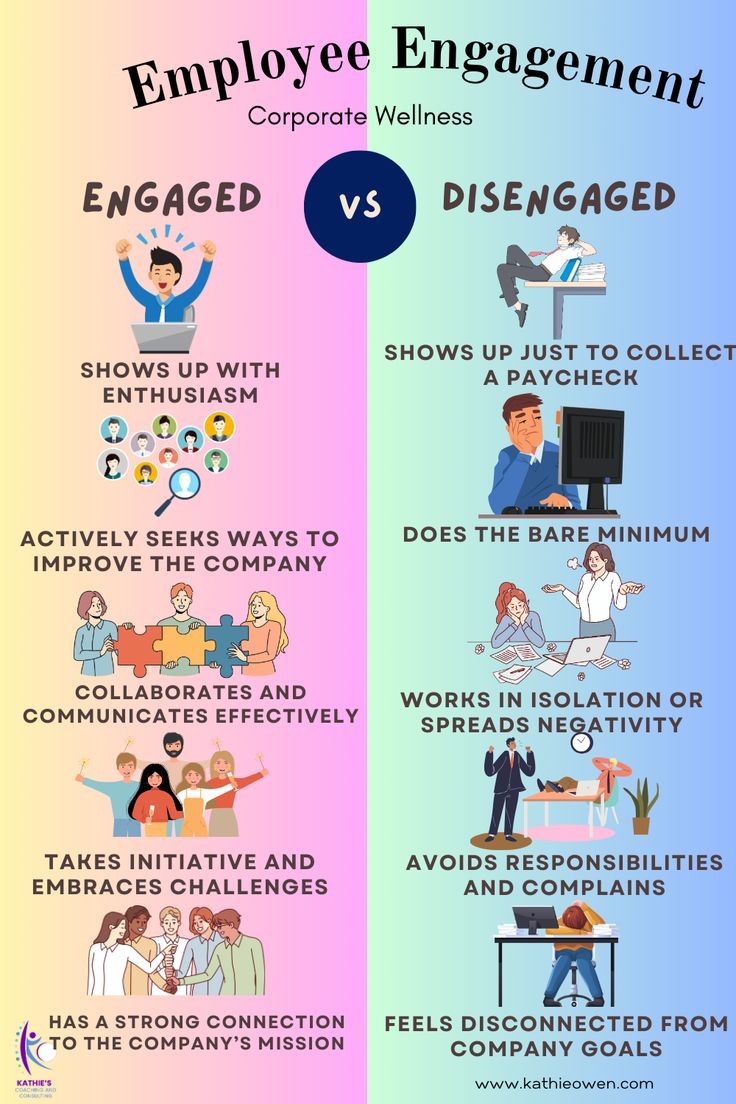Employee engagement strategy is the emotional and psychological connection employees have with their organization, and those that prioritize it thrive on the radar of peak performance, retention, and business success. Nigerian small and medium enterprises (SMEs) are up against a tough challenge -low employee engagement, a threat to unlocking full business potential. The 2024 Global Workplace Report by Gallup posit that, only 21% of employees globally say they’re actively engaged at work. And for Nigerian SMEs, where every team member carries weight, disengagement can be even more damaging.
Many of the popular engagement tactics out there rely on big HR teams and hefty budgets -that most Nigerian businesses don’t have. But that doesn’t mean we’re out of options. In fact, some of the most effective employee engagement strategies are built on things we already value: community, respect, and recognition.
This guide shares simple, affordable, and culturally relevant strategies Nigerian SMEs can start using -to boost morale, build loyalty, and grow stronger team.
What Engagement Looks Like in Nigeria
In Nigerian context, employee engagement strategies aren’t just about job perks or office vibes. It is about belonging, being seen, and knowing that your work matters -not just to your boss, but to the entire team.
Rooted in the African philosophy of Ubuntu—“I am because we are”—engagement here means a sense of shared purpose. When Nigerian employees feel included, valued, and respected, they tend to show up more fully: with loyalty, creativity, and a desire to contribute.
Unfortunately, many SMEs still struggle to build that kind of workplace. An atmosphere reeking lack of communication, zero feedback loops and learning opportunities that slowly chip away work enthusiasm. And it’s costly too as Gallup reports that, disengaged employees are 23% less productive and 3x more likely to quit within six months.
The good news? You don’t need a massive HR playbook to fix this. You just need the right strategies -and a commitment to making people feel they matter.
Cost-Effective Ideas That Work
1. Recognition That Resonates
People love to be appreciated. And in Nigerian work culture, public recognition carries even more weight. You don’t need to break the bank to make your team feel seen. Try:
- Shoutouts in WhatsApp groups or on noticeboards
- “Employee of the Week” during Friday meetings
- Monthly email spotlights highlighting contributions
- Small rewards like ₦2,000 airtime, lunch, or an extra day off
These gestures may seem small, but it speak volumes. They foster pride, boost motivation, and reinforce the behavior you want to see.
2. Encourage Feedback with Open Channels
Many Nigerian employees don’t feel comfortable sharing ideas or challenges -especially in hierarchical work settings. And that is where intentional communication comes in;
Schedule regular one-on-one review. These chats create space for honest feedback and personal connection. Also, consider anonymous suggestion boxes (physical or digital) and short monthly team huddles to hear everyone out.
What matters most? Acting on the feedback. When employees see their input leading to real change, engagement grows naturally.
3. Professional Growth with No Big Budget Needed
- Employees want to grow -but you don’t need expensive trainings to support them.
- Host in-house knowledge-sharing sessions led by team members
- Encourage 30-minute weekly learning breaks using platforms like Coursera or LinkedIn Learning
- Pair junior staff with senior colleagues for informal mentorship
This shows your people that you care about their growth -and that builds loyalty.
Remote Work and Infrastructure Challenges
In an honest sense, working remotely in Nigeria comes with its own unique headaches -poor internet, power outages, and limited access to tools. Nevertheless, SMEs can still make it work;
Stick with tools your team already knows and trusts—like WhatsApp Business for updates, file sharing, and progress tracking. Moreso, offer flexible working hours to accommodate power issues. Even a small monthly data stipend (₦2,000–₦5,000) can go a long way in showing employees you care.
Real-time Case Study: GreenLogic Solutions
In 2023, Lagos-based tech SME GreenLogic Solutions faced remote engagement struggles. Morale was low, communication was patchy, and team spirit was fading. The company decided to transform her ways of operation using employee engagement strategies and here is what they did:
- Introduced weekly review using WhatsApp platform
- Gave a modest ₦3,000 monthly data allowance
- Started biweekly “virtual spotlight” sessions for staff to appreciate each other
Within 60 days, attendance improved, two employees volunteered to lead projects, and team morale was visibly lifted. Isn’t that a perfect example of doing more with less?
Virtual Team Bonding
Just because your team works remotely doesn’t mean they should feel disconnected. Virtual team bonding is crucial for remote teams to feel connected and engaged. Implementing small rituals like regular virtual bonding, online team-building activities, and celebrating milestones, this can build a sense of belonging despite physical distance. You can try:
- Friday coffee chats over Zoom
- Sharing birthday shoutouts or “Team Wins” in WhatsApp
- Hosting short trivia or poll games in chat
These informal touchpoints create a sense of fun and community -a somewhat powerful drivers of long-term engagement.

Measuring Employee Engagement Effectively
To drive success within your team, measuring engagement effectively is crucial, and it starts with identifying the right parameters and tools to track and analyze employee engagement. You don’t need expensive software to track engagement.
Use Google Forms or WhatsApp polls to send out quarterly “pulse surveys” with 5–7 short questions. Focus on:
- Satisfaction with communication
- Trust in leadership
- Access to learning
- Overall motivation and happiness
Track simple metrics like absenteeism, resignations, and feedback from exit interviews. A basic Excel sheet is all you need. As the saying goes, what gets measured, gets managed.
The Role of Managers in Employee Engagement Strategies
Managers have the biggest influence on engagement. But in many SMEs, managers get promoted based on skill—not leadership ability.
Train your team leaders in soft skills like active listening, emotional intelligence, and clear communication. You don’t need fancy workshops—just curate a YouTube playlist or host peer-learning sessions.
Most importantly, managers should lead with consistency and care. When people trust their manager, they’re more likely to stay and succeed.
Smart Tools for Nigerian SMEs
Workplace engagement does not need complex HR software to support engagement. Here are simple, reliable tools Nigerian SMEs can use:
- WhatsApp Business – messenger software widely suitable for team updates, shoutouts, and polls
- SeamlessHR – local HR platform for surveys and attendance
- Google Workspace – great for forms, docs, and assessment.
- Trello or Notion – for visual task tracking and collaboration
- Kudoboard – to publicly recognize achievements online
The key is to keep it mobile-friendly -most Nigerian employees work primarily from their phones according to DataReportal.
90-Day Engagement Rollout Plan
If you ever considered a lively workplace that bring about productivity, you need to put engagement strategies in place. Want to take action? Here’s a simple 3-month roadmap:
Month 1 – Assessments
✅ Run a quick staff pulse survey
✅ Hold informal one-on-one chats
✅ Identify key engagement gaps
Month 2 – Activation
✅ Launch peer recognition or monthly spotlights
✅ Kick off mentorship or team learning sessions
✅ Use WhatsApp for regular team feedback
Month 3 – Evaluation
✅ Send a short follow-up survey
✅ Review what has improved
✅ Adjust your engagement plan based on real feedback
Conclusion: Small Shifts with Big Impact
Engaging employees isn’t a luxury -it’s a survival strategy for Nigerian SMEs. You don’t need a big budget or fancy HR software to make people feel valued. All it takes is consistency, compassion, and creativity.
Start small. Give someone a public shoutout. Ask a genuine question. Listen more. Build from there. In a work culture like Nigeria’s -where community, contribution, and connection matter -engaged employees become your biggest business advantage. Read our employee upskilling through leaning and development in Nigeria


